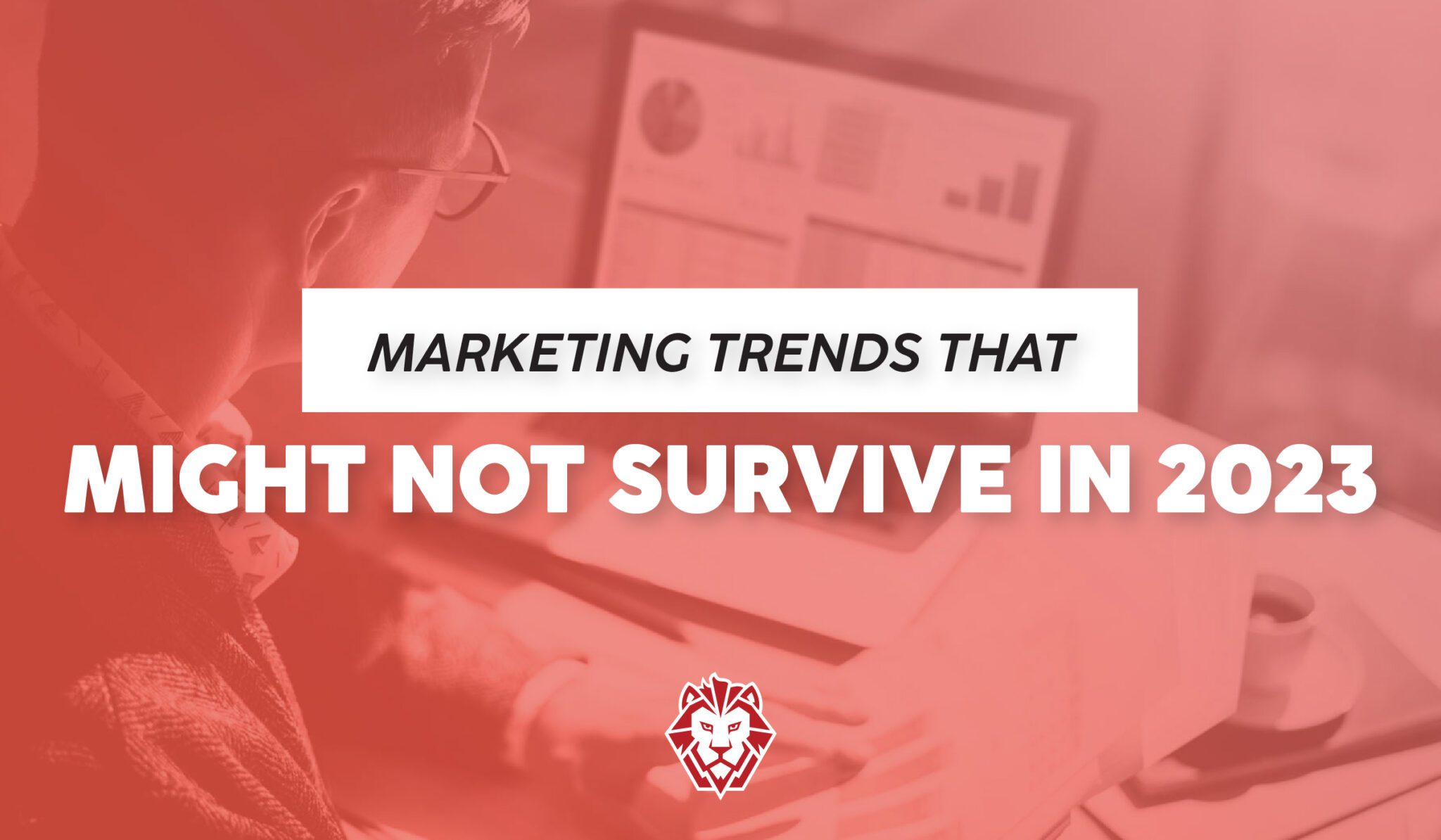Marketing trends can be fickle, and keeping up with the latest changes can have your head spinning. One second a new technology or method can skyrocket to prominence, and the next second it comes hurdling back toward earth.
Normally, articles discussing marketing trends tend to stick to discussing the new trends that are taking off and how brands can implement them into their strategies. That’s all well and good, but if those trends start to see a decline in usefulness, marketing leaders like yourself need to know so you can divest from those strategies.
So for this article, we’ll be discussing 5 marketing trends that might not survive in 2023. Some of these trends have only been around for a couple of years, while others have been the standard for a decade or more.
Table of Contents:
1. Value barren SEO
2. Celebrity Endorsements
3. Insincere Marketing
4. NFT Marketing Schemes
5. The Death of 3rd-Party Cookies
6. How Should Marketing Leaders Respond?
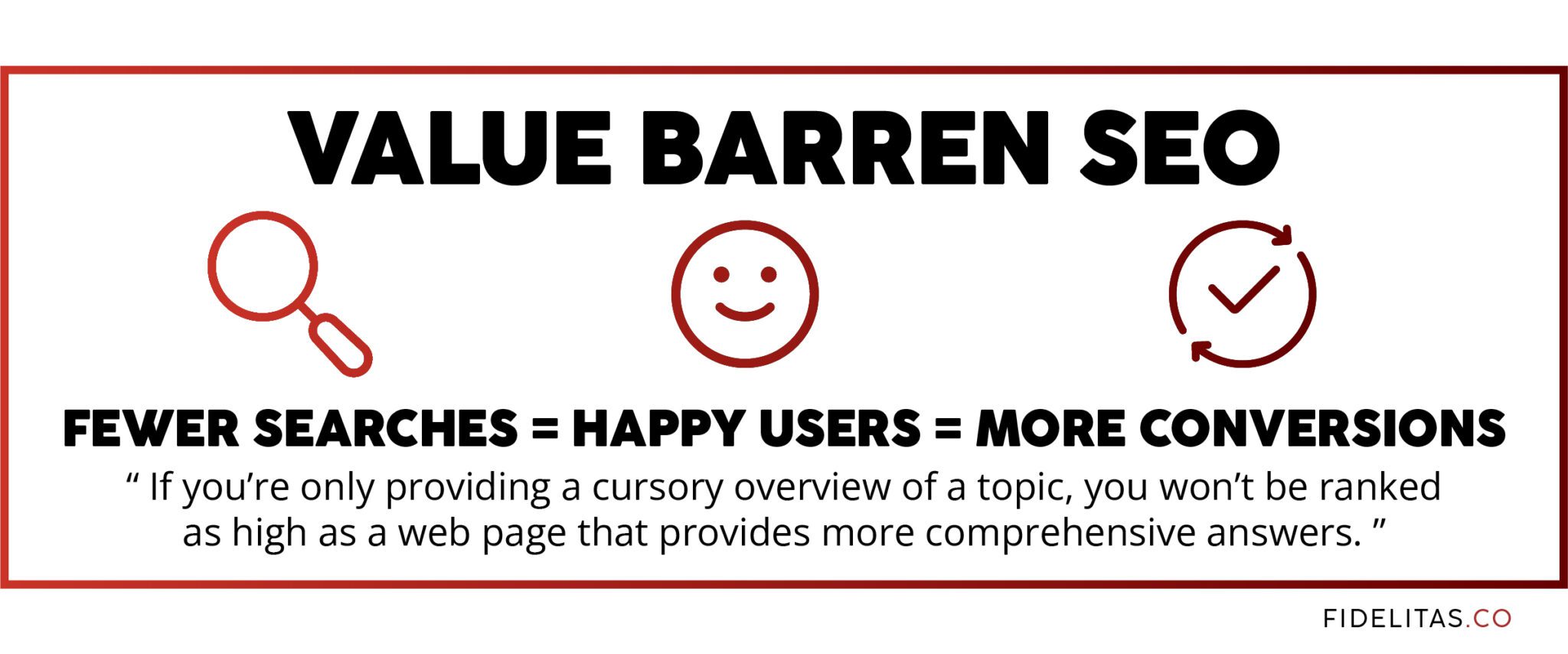
1. Value-Baren SEO
Before we dive into this, let’s clarify what we ARE NOT saying. We are NOT saying that keywords are an irrelevant SEO tool or that they’re going away. Keywords are still one of the most important factors Google uses to rank pages on its SERP. However, simply creating content based on a few select keywords is no longer enough to get a good ranking.
Google is looking to provide its users with real value. They want users to find the answers they’re looking for in fewer searches. The faster a user is able to uncover what they’re looking for, the less likely they are to give up on the search and exit the browser. It’s simple when you look at things from Google’s perspective:
Fewer searches = Happy Users = More Conversions
This desire to streamline the Google experience has led to the SEO industry’s rapid evolution over the last few years. The tactics that marketers used to be able to rely on are quickly being phased out. Google’s war on black hat SEO may have started a decade ago, but it’s far from over. If we think about things logically, it’s even reasonable to say that the company’s definition of black hat SEO is expanding.
While such harsh language used to be reserved for practices like keyword stuffing, an argument could be made that Google is regarding any content that doesn’t satisfy user needs as “black hat.”
How? Let’s break it down.
Back in mid-2021, Google announced its Multitask Unified Model—commonly called “Google MUM”—search paradigm. The goal of Google MUM is to provide in-depth answers to user’s queries (as previously explained). If you’re only providing a cursory overview of a topic, you won’t be ranked as high as a web page that provides more comprehensive answers.
So if you’ve been trying to slide by on shallow content and keyword strategies, you should start overhauling your plans now.
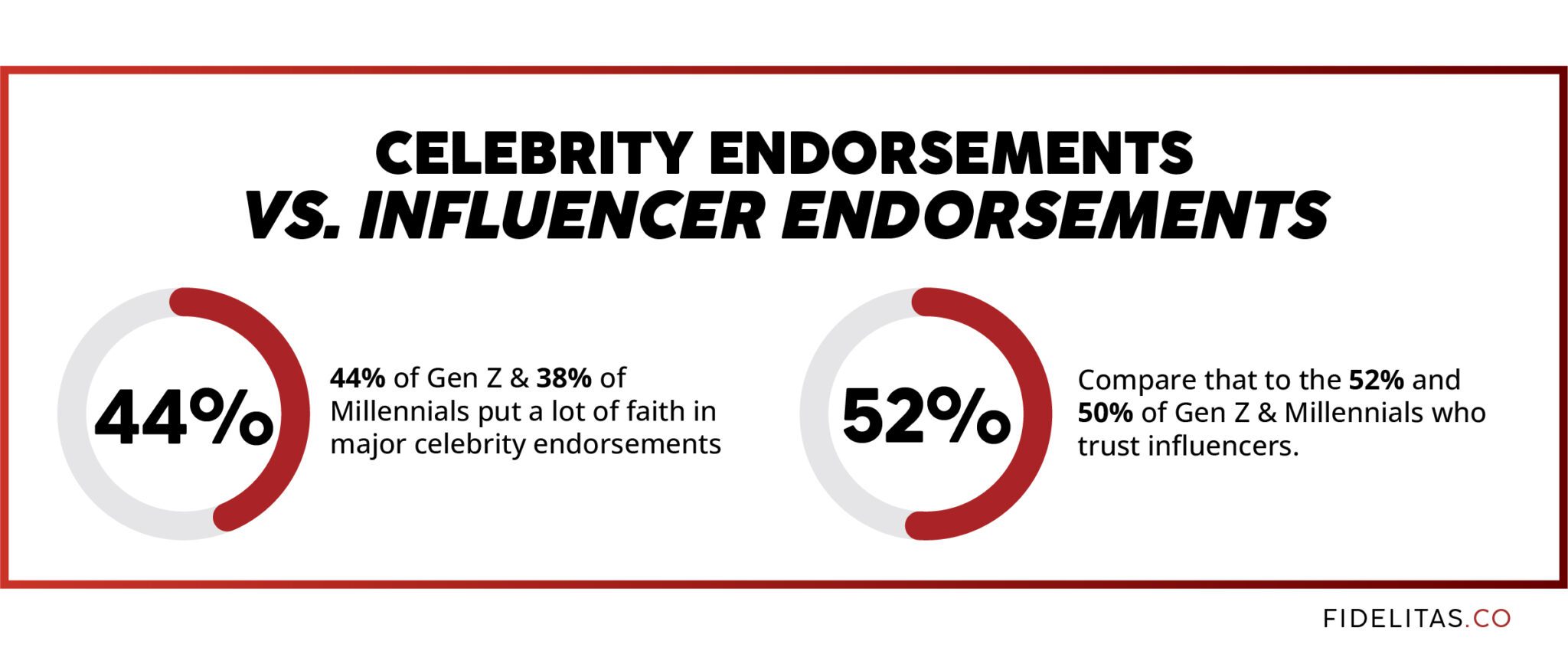
2. Celebrity Endorsements
Celebrity endorsements have long been a mainstay in the advertising industry. Even before our modern marketing industry existed, companies were using royal endorsements to enhance their perceived value and bolster sales. And while it would be foolish to state that this tactic will entirely disappear, it’s become clear that the effectiveness of celebrity endorsements has faded in recent years due to the decline of public trust in said figures.
Studies from business intelligence firm Morning Consult found that only
44% of Gen Z & 38% of Millennials put a lot of faith in major celebrity endorsements. Compare that to the 52% and 50% of Gen Z & Millennials who trust influencers. While the difference may not seem significant, consider the difference in cost between these two types of endorsements.
A celebrity endorsement can cost brands hundreds of thousands if not millions of dollars. Meanwhile, the average influencer endorsement may only cost a few hundred or a few thousand dollars depending on their follower count. So not only does it make sense to work with smaller creators from a consumer trust perspective, but it also makes sense from a financial standpoint.
The Rise Of Ai Deep Fakes
The digital world as a whole is also facing a new kind of threat, and celebrity marketing is already being impacted.
If you’ve spent any amount of time on social media over the past few months, then you’ve likely seen the various Ai technologies that skyrocketed in popularity out of nowhere. When Ai generated art started trending back in 2022, it trended for weeks before the novelty ran out and the wider public stopped posting their creations to Instagram and TikTok. Then ChatGPT rose to prominence in 2023 as an all-in-one writing tool—as of the time of writing, the platform is still going strong.
While the most widely used Ai tools have yet to truly upset any industries, more nefarious tools pose a threat to both consumers and marketers alike.
In mid-February 2023, Ai audio and video deep fakes of celebrity product endorsements started trending on TikTok and Twitter. The video featured a deep fake conversation between Spotify’s biggest podcasting personality, Joe Rogan, and Stanford neuroscience professor Andrew Huberman, Ph.D. The deep fake ad promoted an Amazon listing for a DTC supplement called Alpha Grind. In reality, the two personalities never endorsed the product.
Considering how influential both individuals are, people interested in health & wellness who follow them would be more likely to purchase a product they endorse.
This isn’t the first time that deep fakes have made waves on the internet, but if this trend continues, then it will quickly deteriorate any trust in celebrity endorsements that consumers have left.
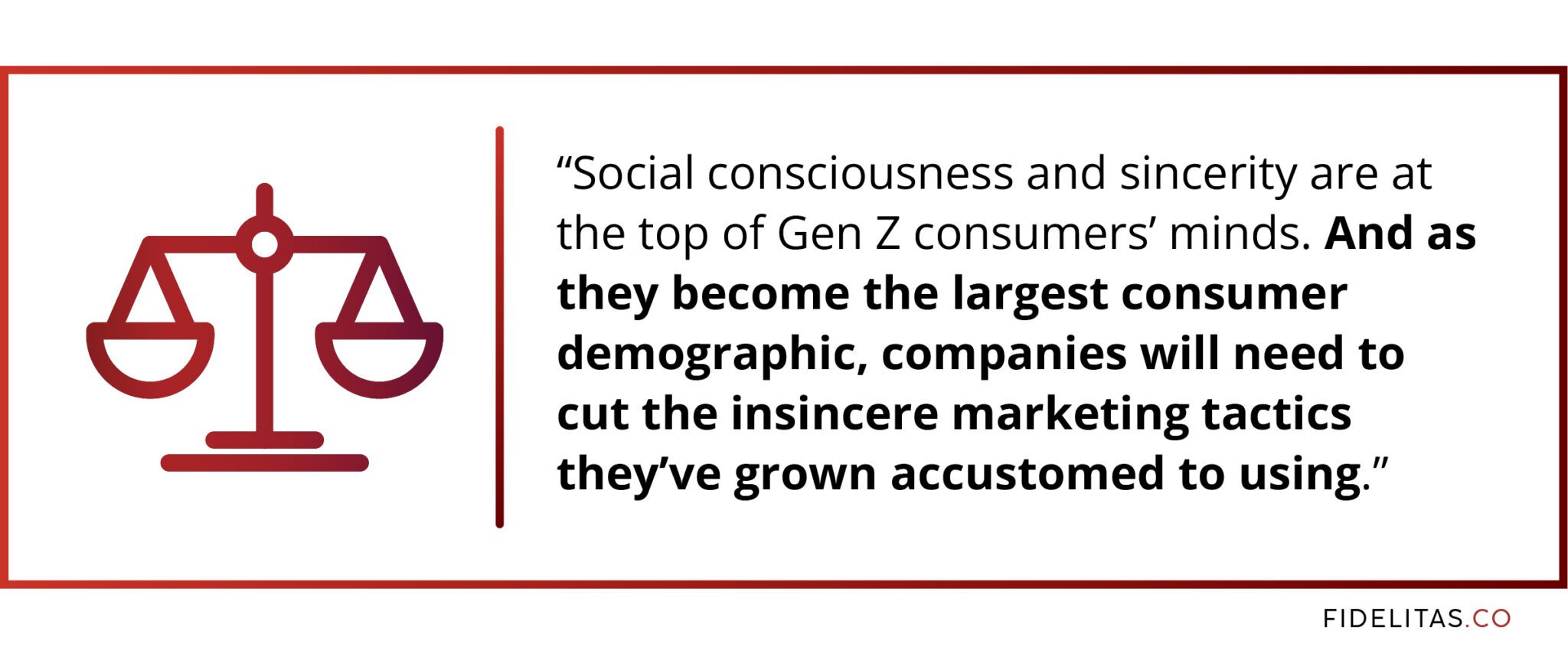
3. Insincere Marketing
Insincerity has been a plague on the marketing industry, and it’s become a serious point of contention for consumers. For decades brands have used dishonest tactics like greenwashing and making outright false claims in their advertisements. And each time they get caught, it further erodes any trust that they’ve built with the public.
If you’re unfamiliar with the term, greenwashing refers to companies making false or exaggerated claims about the environmental friendliness of their products. These can be either explicit statements made in a company’s marketing material or assumed claims based on laws.
Back in 2015, Volkswagen committed what amounts to greenwashing by selling cars in the U.S. retrofitted with “defeat devices” that would improve the car’s emissions output when tested. This made it seem like Volkswagen’s vehicles were in compliance with the EPA’s emission standards.
Spoiler alert, they weren’t. Instead, the
Volkswagen cars emitted up to 40x the legal limit of nitrogen oxide.
For blatantly false marketing, take a look at the
FTC vs. Skechers lawsuit just over a decade ago. The company was sued for claiming its shape-up shoes would help consumers lose weight and build muscle in certain parts of the body. Unfortunately for Sketchers, there was no evidence to substantiate these claims.
Consumers are fed up with this trend of dishonesty from brands, and Gen Z in particular is not having any of it. Social consciousness and sincerity are at the top of Gen Z consumers’ minds. And as they become the largest consumer demographic, companies will need to cut the insincere marketing tactics they’ve grown accustomed to using.
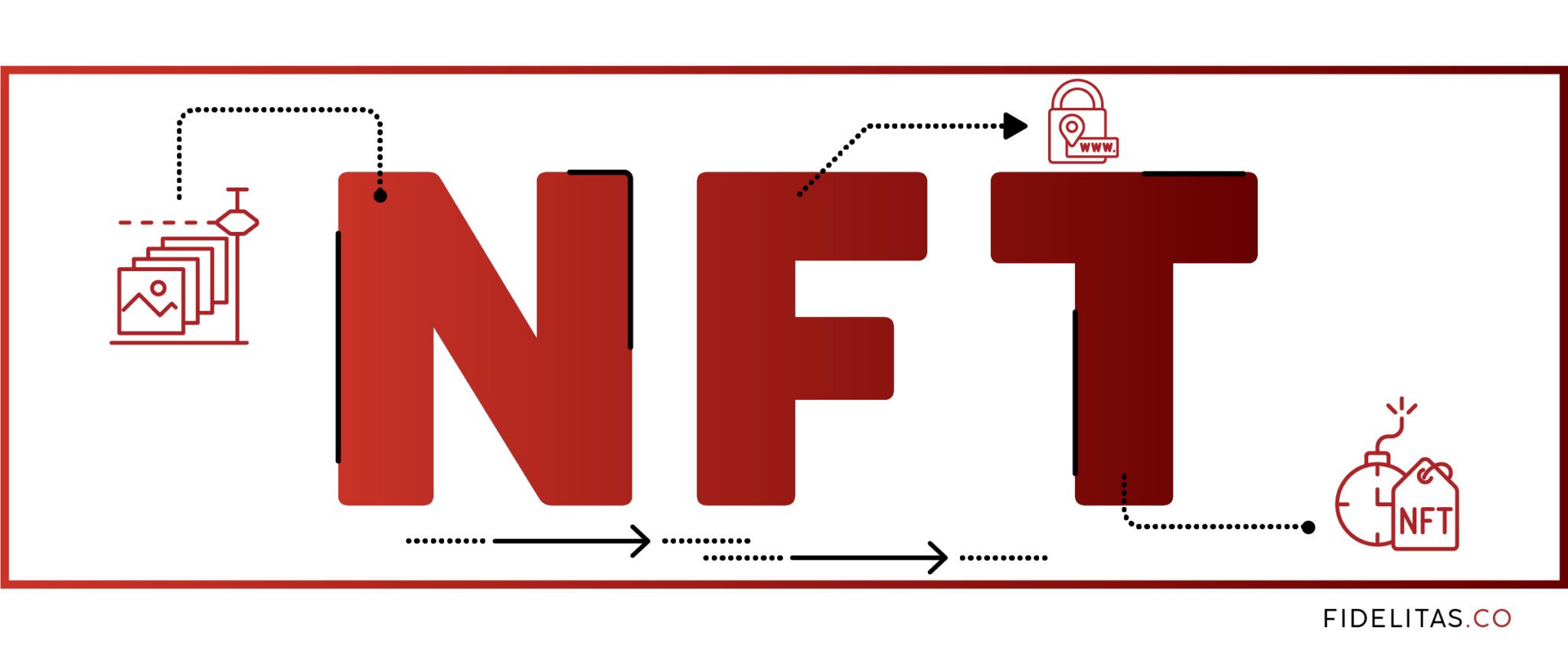
4. NFTs Marketing Schemes
NFTs were all the rage back in 2021. When Bored Ape Yacht Club launched and sent the NFT marketplace into the mainstream market, it became clear that people were willing to waste copious amounts of money to obtain these “rare collectibles.” Mega corporations were able to smell the easy cash, as they always do, and started jumping on the bandwagon. Soon enough brands from every industry—including Adidas, Budweiser, Time Magazine, and more—were scrambling to get their slice of the pie.
While brands initially found success in the NFT marketplace, some making millions of dollars off of exchanges, none of them saw the writing on the wall. By mid-2022, the crypto world would watch in horror as the NFT market collapsed for the first time. NFTs which originally sold for millions of dollars, like Justin Beiber’s Bored Ape, would only be worth a fraction of the sale value as sales growth screeched to a halt.
The market would collapse again in October as sales dipped 90%. And then again in November when crypto exchange FTX filed for chapter 11 bankruptcy. In an instant, people lost access to the NFTs hosted on FTX. Even Coachella NFT tickets, which were sold for millions on the now-defunct platform, are inaccessible by their owners.
Now, NFTs creators and exchanges are under increased scrutiny from the U.S. court system and federal securities regulators. On February 22, 2023, Victor Morrero, a U.S. The Federal Judge for Southern New York District Court ruled that the
NBA-branded “Top Shot” NFT’s created by Dapper Labs Inc. met the standards to be considered securities, and should have been registered with the Federal Securities and Exchange Commission.
The ruling paved the way for a class action lawsuit against Dapper Labs to proceed.
With crashing interest and increased scrutiny from federal regulators, it’s unlikely that many brands will be chomping at the bit to create more NFTs. At this point, the risks simply outweigh the potential rewards.
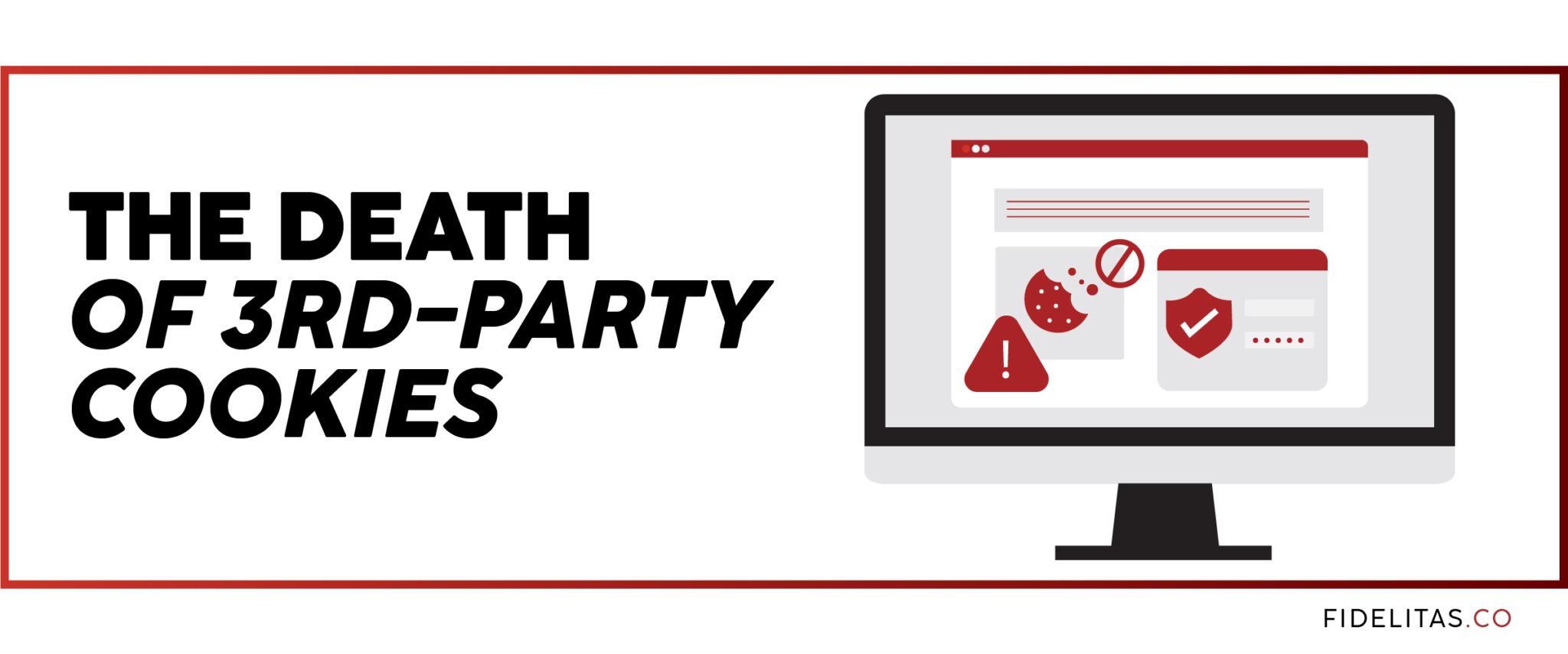
5. The Inevitable Death of 3rd-Party Cookies
While 3rd party cookies won’t technically be coming to an end in 2023, we can already hear the death knells. Google announced the
discontinuation of the 3rd party cookie back in 2021. While the date of that discontinuation has been pushed back due to backlash over the original timeline, that only bought marketers an extra year.
Around the same time, Apple took steps to
limit apps from using cookies to track users’ actions outside of a given app. And they disabled using cookies in emails on iOS15.
All of these changes were done to protect user privacy, and it’s unlikely that these changes will go away. So while brands still have a little while left where they can use 3rd party cookies on Google, they will inevitably fall behind if they don’t have a plan in place for the post-cookie world.
There are numerous ways that marketers can mitigate the impact that the removal of 3rd party cookies will have.
Google’s new privacy-centric Federated Learning of Cohorts (FLoC) will allow marketers to target groups of people based on their interests and online behaviors. Contextual advertising strategies put your ads on websites featuring content relevant to your industry. Even first-party data collection tools like Triple Whale can help you obtain information about your users.
The death of 3rd party cookies won’t be the catastrophe that marketers once expected; businesses just need to have a strategy in place in order to get ahead. This is where a solid first-party attribution platform like
TripleWhale comes in. Thanks to the platform’s tools, like the Triple Pixel, businesses are able to bypass Apple’s walled garden and are no longer reliant on social media platforms for attribution data.
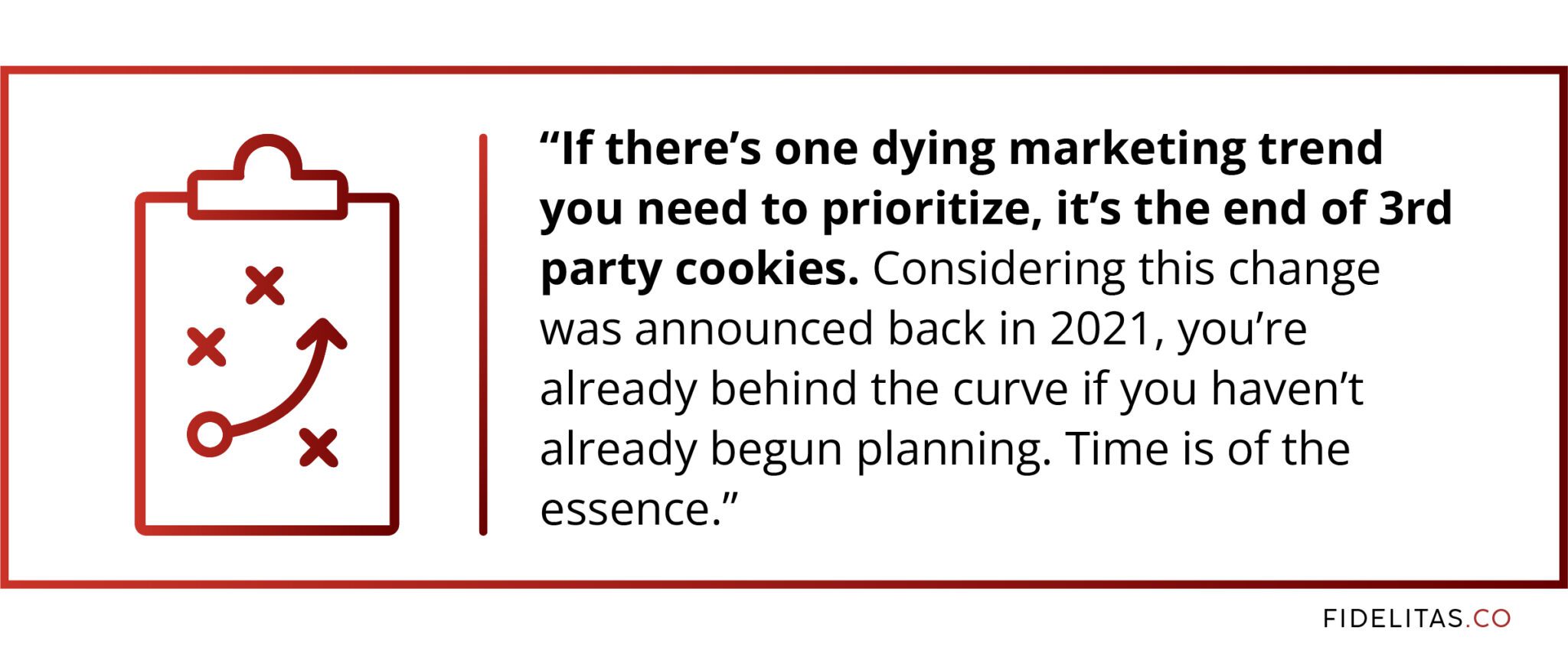
6. How Should Marketing Leaders Respond?
If there’s one dying marketing trend you need to prioritize, it’s the end of 3rd party cookies. Considering this change was announced back in 2021, you’re already behind the curve if you haven’t already begun planning. Time is of the essence.
Google’s changes to SEO also deserve special consideration. If your current SEO strategy isn’t centered around providing a holistic view of whatever topics you’re discussing, then Google is going to ding you and your competitors will get a leg up. Make sure your content utilizes text, videos, and even images to provide all the relevant information related to your keywords.
As for NFTs, it’s best to sideline any crypto-centric ideas you’ve been kicking around. The market isn’t in a good place, and depending on what industry you’re in, consumers can be very hostile towards even the mention of NFTs. If you’ve already developed an NFT project, make sure you have your legal bases covered.
Also, be sure to evaluate your influencer marketing campaign. Using celebrities is becoming less effective, smaller content creators are often the better choice. Weight the pros and cons, perform your due diligence and act accordingly.
Finally, don’t lie or be manipulative with your marketing. This shouldn’t even have to be said, but it’s a mistake that even the world’s most recognizable brands still make. Be honest and sincere with your customers, and they’ll thank you for it with their loyalty. Otherwise, you might find yourself under fire from consumers and possibly the FTC.
